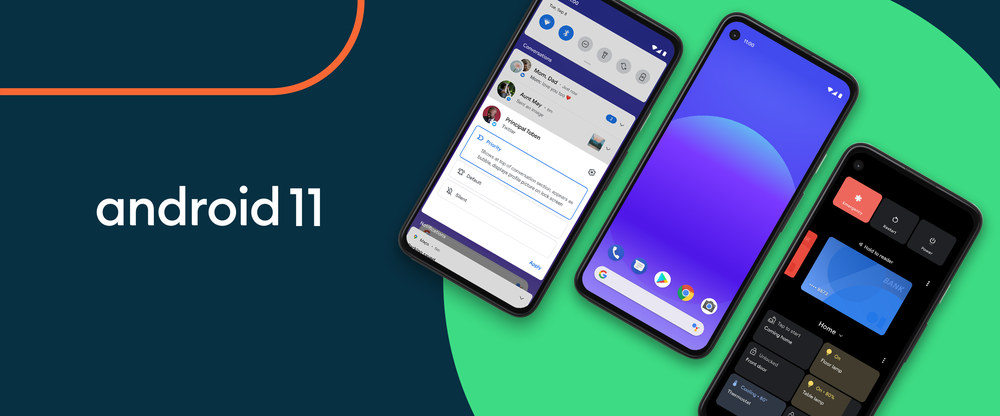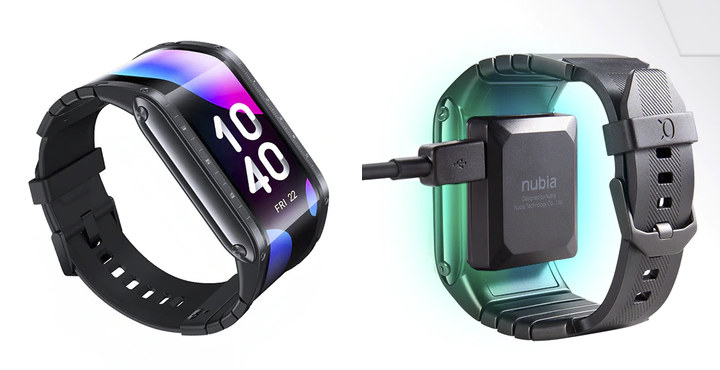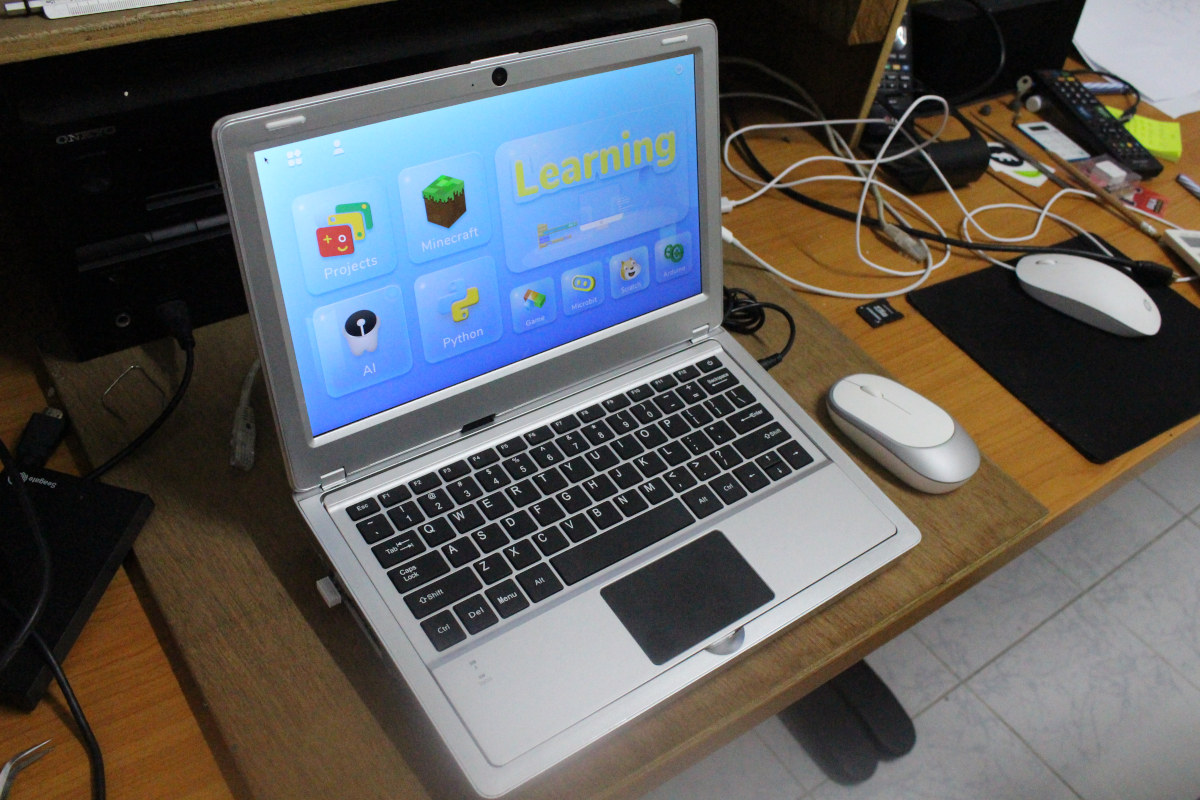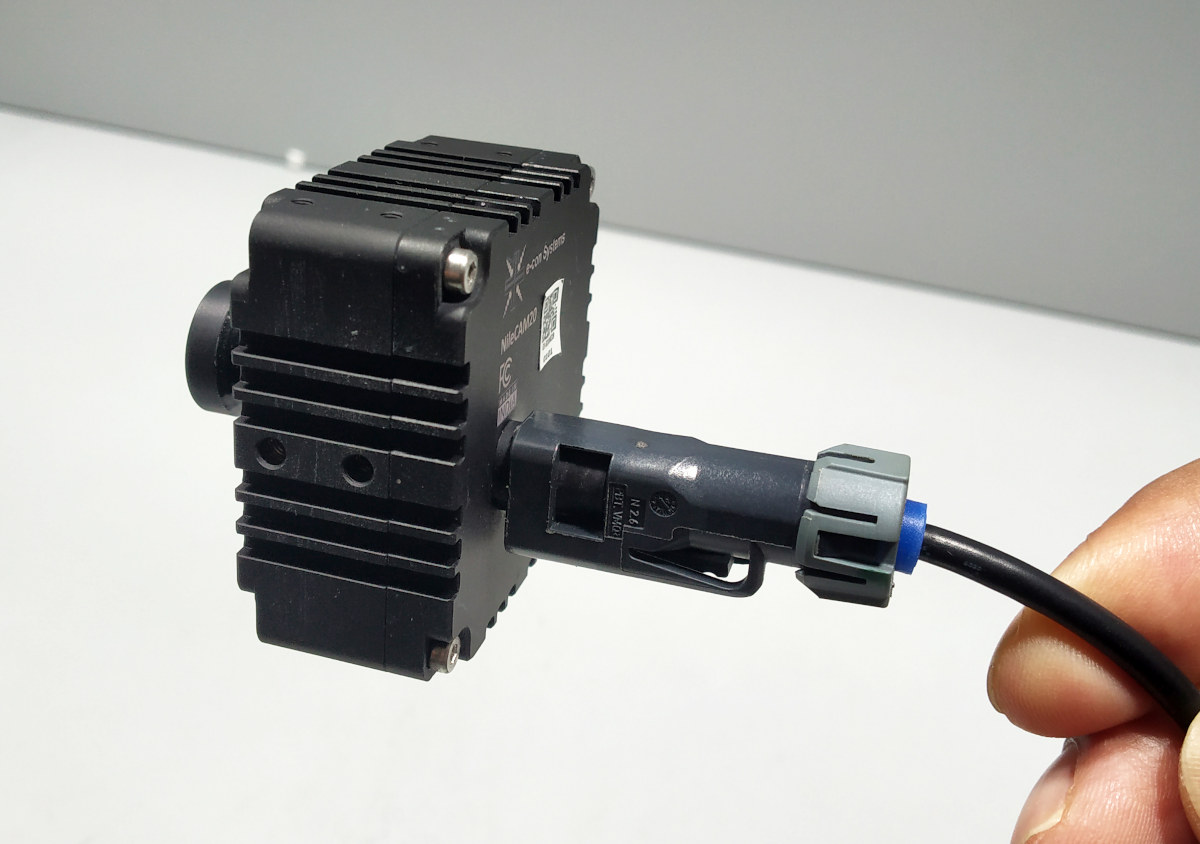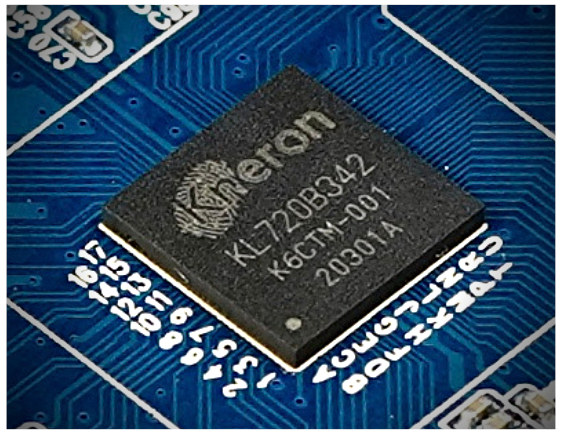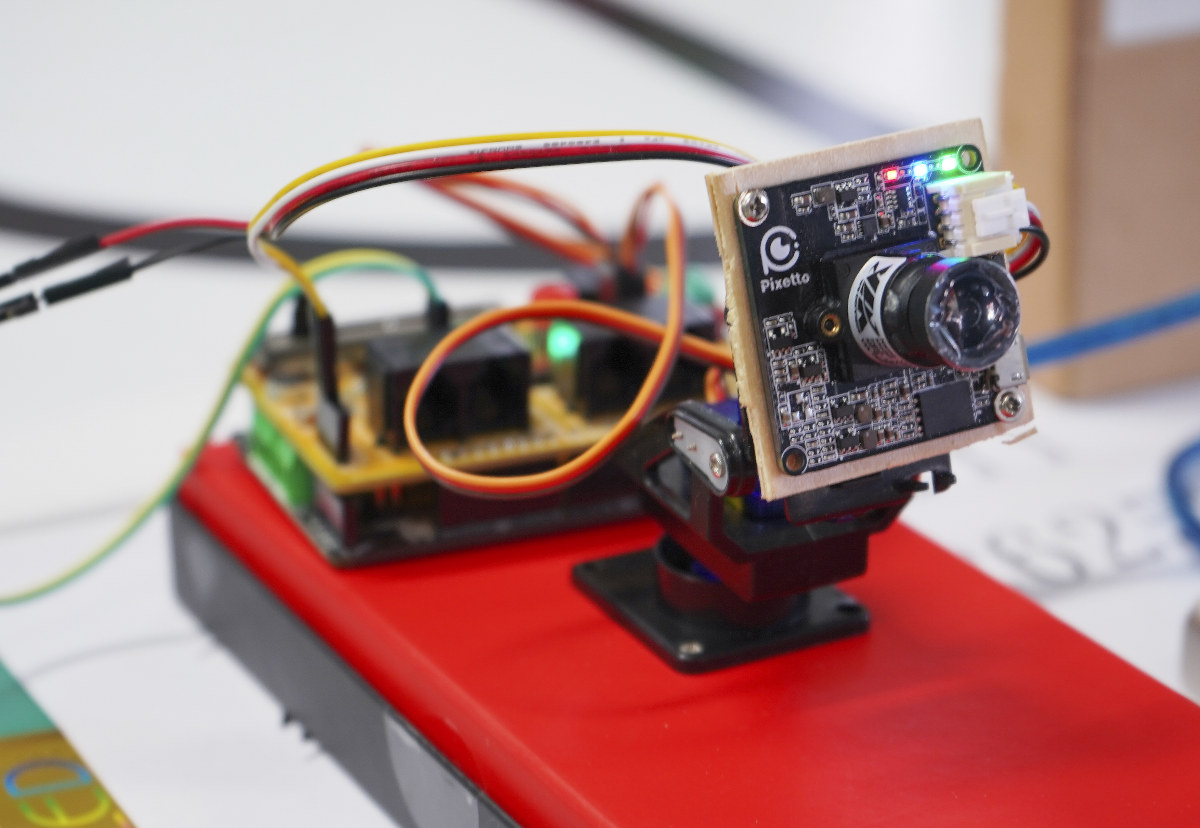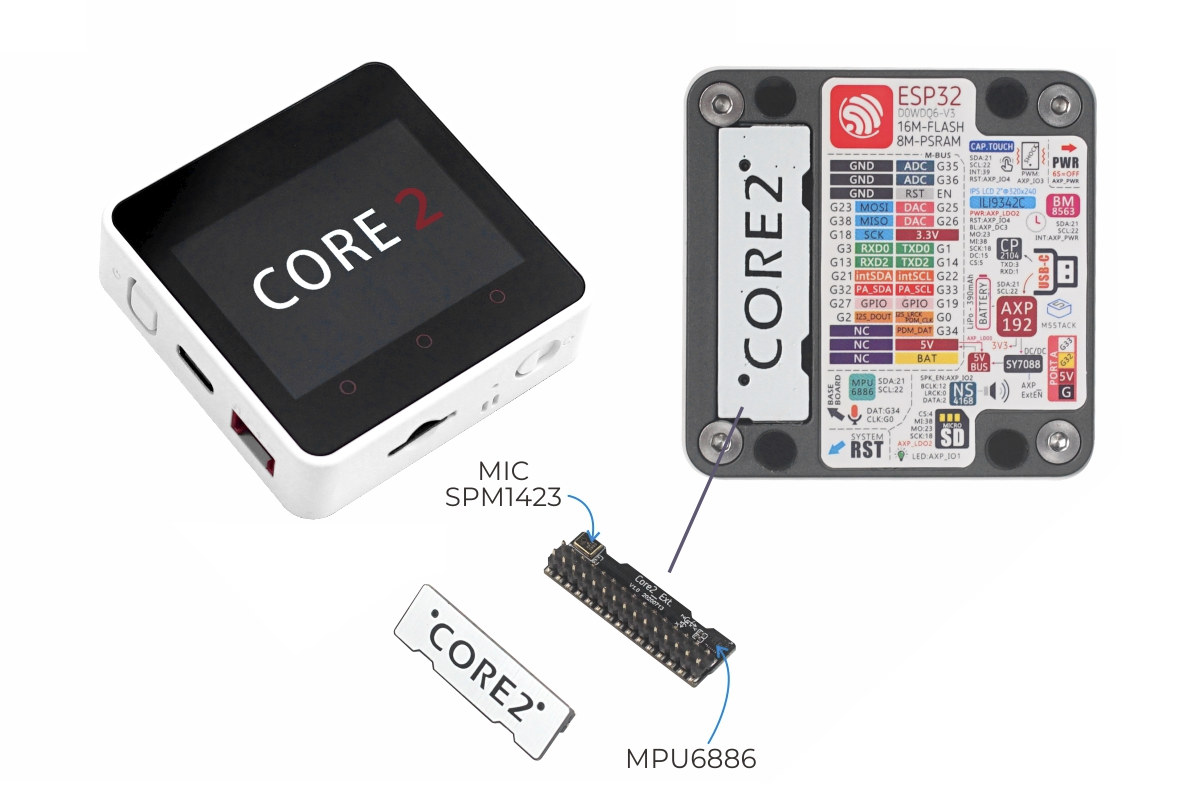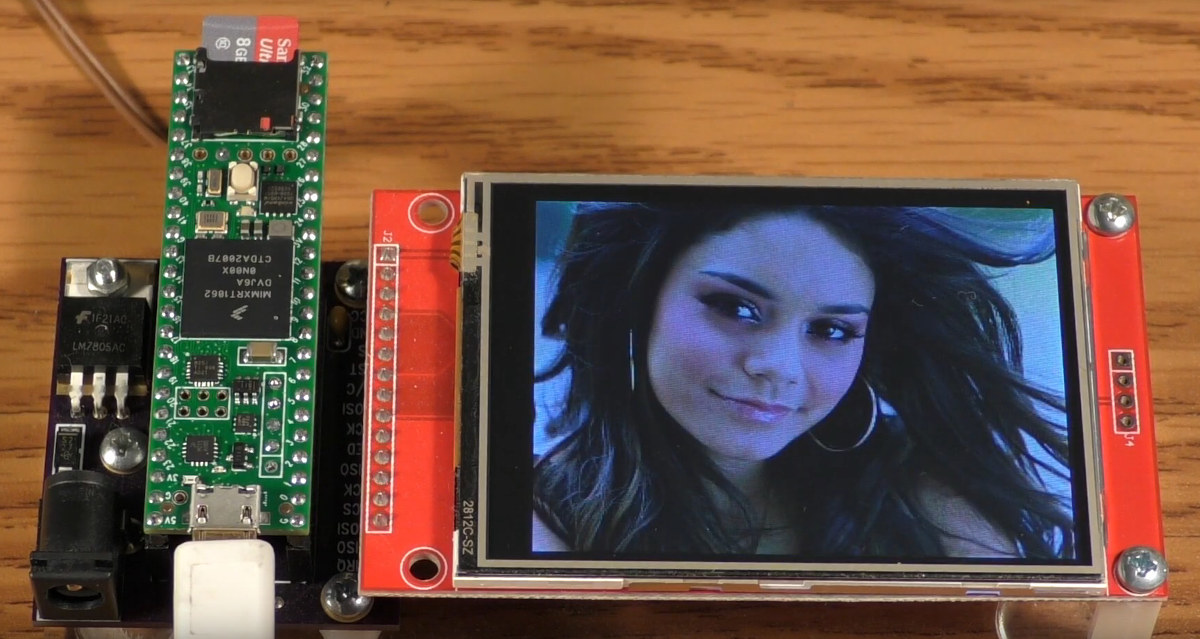Six months have passed since Android 11 developer preview was released in February and at the time we noted enhancements for foldables and 5G, new call-screening APIs, new media & camera capabilities including animated HEIF support, as well as machine learning improvements. Google has now officially released Android 11 that is currently rolling out to select Google Pixel, OnePlus, Xiaomi, OPPO, and Realme phones. More phones will be upgraded/supported in the future, and Google also introduced some Pixel-first features that will (initially?) end up on Pixel phones exclusively. All Android 11 phones will support chat bubbles to message on top of other applications, built-in screen & audio, wireless Android Auto support with compatible cars, one-time permission for increased privacy, and more. But Google may have changed strategy trying to make Pixel phones more attractive to prospective buyers and increase sales as the Android 11 release comes with the following Pixel-exclusive […]
Nubia Watch Comes with a 4-inch AMOLED Flexible Display (Crowdfunding)
We previously covered Nubia–α wearable “smartphone” in 2018. The device was basically a smartwatch with a long curved display, and at the time was at the prototype/design stage. There’s now a similar, but more refined Snapdragon Wear 2100 powered Nubia Watch with a 4.01-inch AMOLED flexible display that has recently launched on Kickstarter. It’s unclear whether it’s related to the older prototype, as the company claims to have conceptualized the watch in October 2019. Nubia Watch hardware specifications: SoC – Qualcomm Snapdragon Wear 2100 (8909Q) quad-core Cortex A7 processor with Adreno 304 GPU System Memory – 1GB RAM Storage – 8GB storage Display – 4.01-inch AMOLED flexible 2-point touchscreen display with 960 x 192 resolution covered with Schott glass Connectivity Bluetooth 4.1 GNSS – GPS, GLONASS, Beidou Sensors – Accelerometer & gyroscope, pressure sensor, heart-rate sensor, geomagnetic sensor Misc – Power button Battery – 425 mAh Lithium battery good for […]
CrowPi2 Raspberry Pi 4 Education Laptop Review
I started my review of CrowPi2 Raspberry Pi 4 Learning Kit a while ago and at the time I showed content from the kit and its first boot. I’ve now spent more time with this very special Raspberry Pi 4 laptop and will focus this review on the education part, namely CrowPi2 software, but will also look at thermal cooling under stress with and without a fan, and try to install another Raspberry Pi compatible board inside the laptop shell. CrowPi2 Education Software It’s quite important to read the user manual before getting started as there are a few non-intuitive steps you may have to take. First I assume the wireless keyboard would just connect after pressing the power button, but it did not. The user manual explains the RF dongle is inside the mouse, and once you connect it you’ll be able to use the keyboard that has some […]
IP67 Rugged GMSL2 Camera Works with NVIDIA Jetson Devkits
e-con Systems has launched an industrial-grade GMSL2 Full HD camera and a deserializer interface board for NVIDIA Jetson AGX Xavier / TX2 Developer Kits. The STURDeCAM20 camera is waterproof with an IP67 rating and ships with a 15-meter coaxial cable with a FAKRA connector, while STURDeCAM20_CUXVR camera kit adds a GMSL deserializer board supporting up to 6 STURDeCAM20 cameras. STURDeCAM20 camera specifications: 2MP camera module with S-mount lens holder Gigabit Multimedia Serial Link 2 (GMSL2) interface with IP67 certified FAKRA connector On-board ISP High Dynamic Range (HDR) and Uncompressed UYVY streaming support Supported resolutions & frame rates VGA (640 x 480) @ 60 fps QHD (960 x 540) @ 58 fps HD (1280 X 720) @ 45 fps 960p (1280 x 960) @ 34 fps FHD (1920 x 1080) @ 30 fps Supply Voltage – 5 to 15V with +/- 5% tolerance Dimensions – 42 x 42 mm (aluminium enclosure) […]
Kneron KL720 Arm Cortex-M4 AI SoC Delivers 1.5 TOPS at 1.2 Watts
We first came across Kneron AI processors last year, when we covered AAEON M.2 & mPCIe AI accelerator cards powered by Kneron KL520 dual-core Cortex-M4 processor and delivering 0.3 TOP AI acceleration performance at 0.5 Watt. The company has now introduced a more powerful processor with Kneron KL720 single Arm Cortex-M4 AI processor delivering up to 1.5 TOPS at 1.2 Watts, or 0.9 TOPS for 1 Watt. The company does not provide much other information in terms of specifications, but Kneron KL720 is said to be two to four times more power-efficient than competitors at a lower cost and is best suited for high-end IP cameras, Smart TVs, AI glasses & headsets, as well as AIoT Gateways. The processor can process 4K images, full HD videos, and 3D sensing data for facial recognition and gesture control for gaming, shopping kiosks, etc.. Besides computer vision, the chip can also handle natural […]
VIA Pixetto Hi3518E V300 HD Camera Board Targets Artificial Intelligence and Machine Learning Education
VIA Technologies has launched the VIA Pixetto vision sensor aims to teach artificial intelligence (AI) and machine learning (ML) to students aged twelve and above. The Linux board features an Hisilicon Hi3518E V300 Cortex-A7 HD camera SoC combined with 64MB RAM, 128MB SPI flash, a MicroSD slot, as well as GalaxyCore GC2053 2M CMOS sensor offering 1920 x 1080 resolution and a 130° field of view. VIA Pixetto hardware specifications: SoC – Hisilicon Hi3518E V300 Cortex-A7 HD camera SoC @ 900 MHz with H.264, H.265, MJPEG/JPEG encoder System Memory – 64MB DDR, MicroSD card slot Storage – 128MB SPI flash Camera – GalaxyCore GC2053 2M CMOS sensor with 1920 x 1080 resolution, 130° FoV Audio – Microphone USB – 1x Micro USB 2.0 port Connectivity – WiFi 4 via Hisilicon Hi1131 low-power Wi-Fi chip and ceramic antenna Expansion – Grove connector Misc – 3x LEDs (Power, OS boot, active status), […]
M5Stack Launches Core2 ESP32 IoT Development Kit with 2-inch Touch Display
M5Stack has just launched an upgrade to its M5Stack Core development with M5Stack Core2 based on the same Espressif ESP32 WiFI + Bluetooth SoC, but adding capacitive touchscreen support to the 2-inch TFT LCD, as well as a motion sensor and a microphone. The new version also adds 8MB PSRAM, a larger 390 mAh battery, and targets IoT terminals for Smart Home, industrial automation or robotics, STEM Education, and DIY prototyping. M5Stack Core2 specifications: SoC – Espressif ESP32-D0WD-V3 dual-core Xtensa LX6 processor clocked at up to 240MHz with 520KB SRAM, Wi-Fi, and dual-mode Bluetooth connectivity External Memory – 8MB PSRAM Storage – 16MB flash storage, MicroSD card slot up to 16GB Display – 2-inch IPS LCD screen with 320×240 resolution (ILI9342C driver), and touchscreen support (via FT6336U controller) Audio – 1W speaker (1W-0928), SPM4123 microphone, NS4168 I2S power amplifier Antenna – 2.4GHz 3D antenna USB – 1x USB Type-C port […]
JPEGDEC is a Faster JPEG Arduino Library Designed for 32-bit MCUs
In order to ensure software compatibility, Arduino libraries are supposed to work on various types of hardware from 8-bit microcontrollers with a limited amount of memory to more powerful 32-bit chips like STM32 Arm Cortex-M MCU or ESP32 dual-core Tensilica WiSoC that can access a larger amount of RAM. This is all good, but in some cases, this may affect performance. Larry Bank noticed this when looking for a JPEG viewers for Arduino and only found ones which sacrificed speed to work on MCUs with very little RAM. So he started to work on JPEDDEC JPEG Arduino library optimized for speed and compatible with any MCU with at least 20K of RAM. Optimizations go beyond just loading more data into memory, as Larry explains in a blog post, the library also performs the removal of stuffed bytes, optimize the Huffman decode and DCT parts, and more. Some of the key […]


